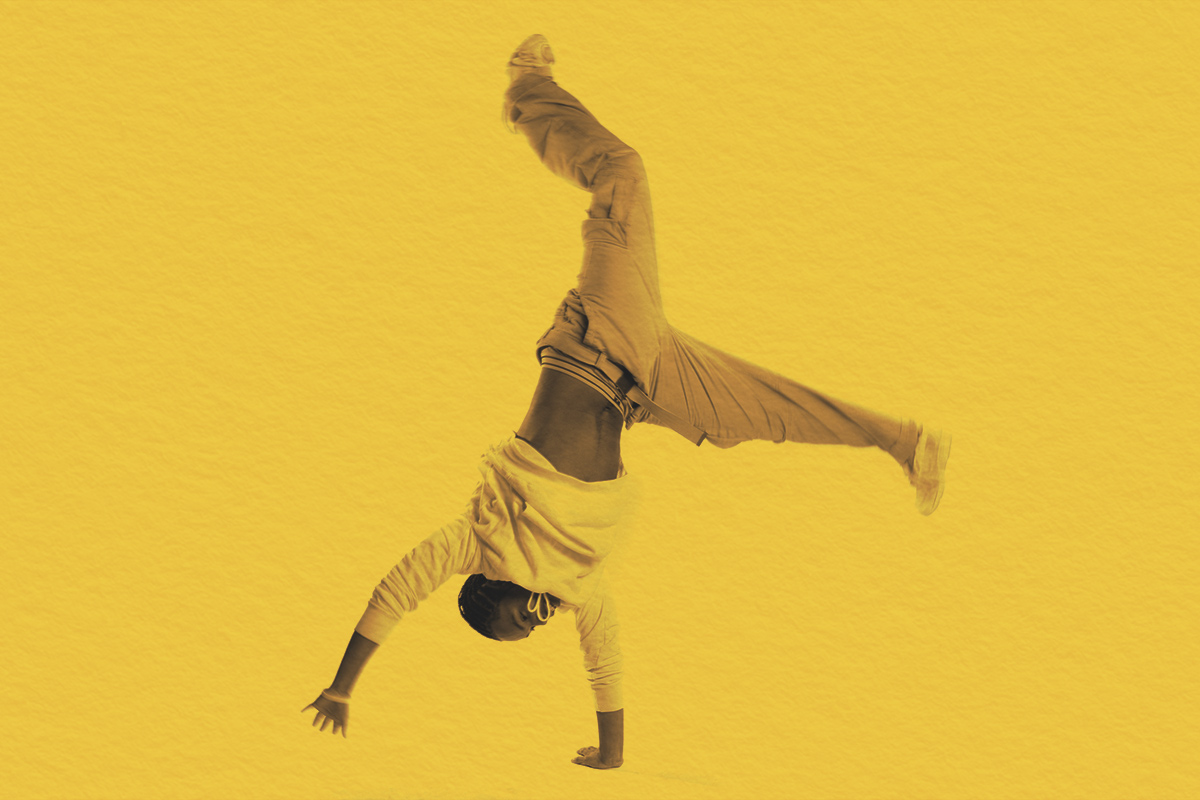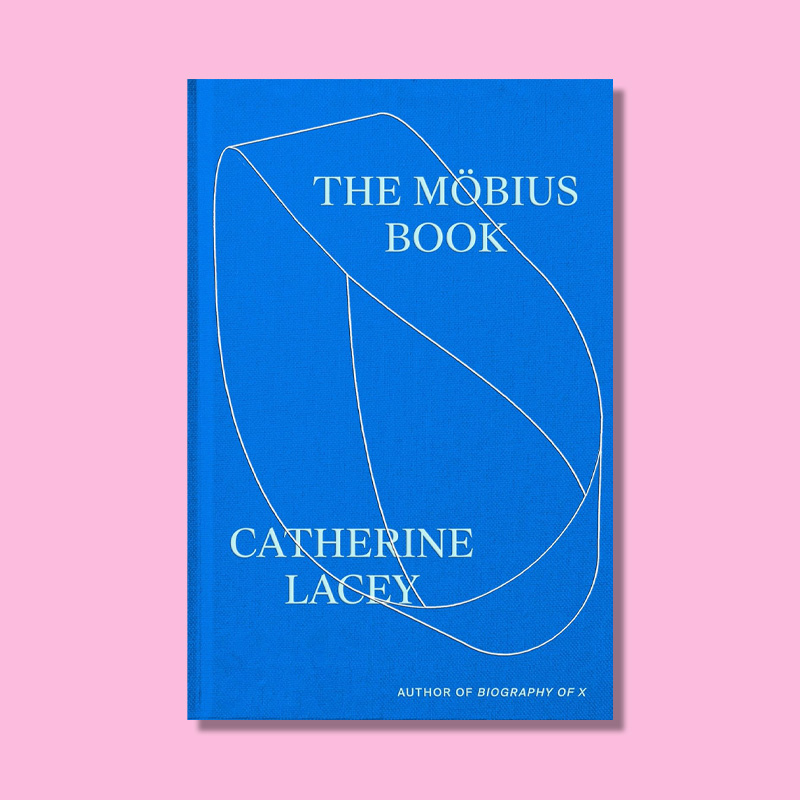What was the original version of "head over heels"? | | "Head over heels" or "heels over head"? Confusing the order of this phrase isn't actually a mistake, since the original was opposite to the way we commonly use it today. | |  | Julia Rittenberg |
|
| |  | | W hat does the phrase "falling head over heels" mean to you? The literal definition of the phrase is "turning over completely in forward motion, as in a somersault." But you can also fall head over heels for a person — meaning you're madly in love with them.
While "head over heels" trips off the tongue naturally, the original wording of the phrase was "heels over head." This flip-flop seems appropriate for the topsy-turvy nature of the expression. The Oxford English Dictionary tracks an early usage of the term to around 1400, and in 1653, an English translation by Thomas Urqhart of a work by François Rabelais (largely credited with inventing the concept of a novel) gave an example of the original phrasing in a literal sense: "He incontinently turned heels over head in the aire, and streight found himself betwixt the bowe of the saddle in a good settlement." This description aligns with the literal definition. Until the wording swapped around, "heels over head" referred almost exclusively to the physical interpretation.
It's unclear why the swap in phrasing happened, but the original phrasing is still in use occasionally to refer to the physical nature of a somersault, or a more figurative state of being in chaos. Even when writers transitioned to "head over heels," the earliest usages still meant it in the bodily fashion. The Oxford English Dictionary identifies an early instance of "head over heels" in a 1694 publication called the French Rogue: "... made, for haste, but one leap to the bottom, and tumbl'd Head over Heels down the other."
The first documented use of "head over heels" to mean "falling deeply in love" comes from a 1710 translation of the medieval Greek writer Lucian: "You seem to be wholy lost in Thought, and retir'd into the inmost Cabinet of your Breast, reeling and tumbling Head over Heels."
While almost exclusively referring to love, the expression is sometimes used to describe states of utter helplessness in contexts other than love. In an 1895 publication called Black & White, it was used to refer to financial debt: "Lemaitre, the French actor, was always head over heels in debt, despite an enormous salary."
Whatever the cause for the swap, "head over heels" seems apt for romantic references, as the evocative nature of the bottom of your heels above the top of your head is appropriate for the world-changing feeling of love. |
|
| | Advertisers help keep Word Smarts free | |
Emoji Decoded | |  | | Baseball | | | Meaning: Depicts a baseball with distinctive red stitching.
Evolution: The Baseball ⚾ was added to emoji keyboards in 2009 as part of the original sports set. It maintains consistent design across platforms, making it one of the most recognizable sports emojis.
Usage: [Text about meeting up for a baseball game after work:] Perfect weather for a day at the ballpark ⚾ 🌞 |
|
 | | Baseball | | | Meaning: Depicts a baseball with distinctive red stitching.
Evolution: The Baseball ⚾ was added to emoji keyboards in 2009 as part of the original sports set. It maintains consistent design across platforms, making it one of the most recognizable sports emojis.
Usage: [Text about meeting up for a baseball game after work:] Perfect weather for a day at the ballpark ⚾ 🌞 |
|
| |
Have you read? | |  | | The Möbius Book | | By Catherine Lacey | | Catherine Lacey's first book, "Biography of X," bowled me over with its brilliance, so I (and many others in the bookish community) have been anticipating her second work. This new book is a blend of memoir and fiction, with the winding narrative best described by the titular Möbius strip. Lacey charges through many complex topics, including religion, illness, and different types of love, and she manages to make them all feel engaging and cohesive. | | | | Julia Rittenberg, Word Smarts Writer | | | | We independently evaluate all recommended products and services. If you click on links we provide, we may receive compensation. |
|
 | | The Möbius Book | | By Catherine Lacey | | Catherine Lacey's first book, "Biography of X," bowled me over with its brilliance, so I (and many others in the bookish community) have been anticipating her second work. This new book is a blend of memoir and fiction, with the winding narrative best described by the titular Möbius strip. Lacey charges through many complex topics, including religion, illness, and different types of love, and she manages to make them all feel engaging and cohesive. | | | | Julia Rittenberg, Word Smarts Writer | | | | We independently evaluate all recommended products and services. If you click on links we provide, we may receive compensation. |
|
| |
You might also like | |  | | | | What Is a Malapropism? | | Whether "dancing the flamingo" or "visiting the Sixteenth Chapel," this theater-inspired literary device is designed for a laugh. |
| | | |
| | Advertisers help keep Word Smarts free | |
|
